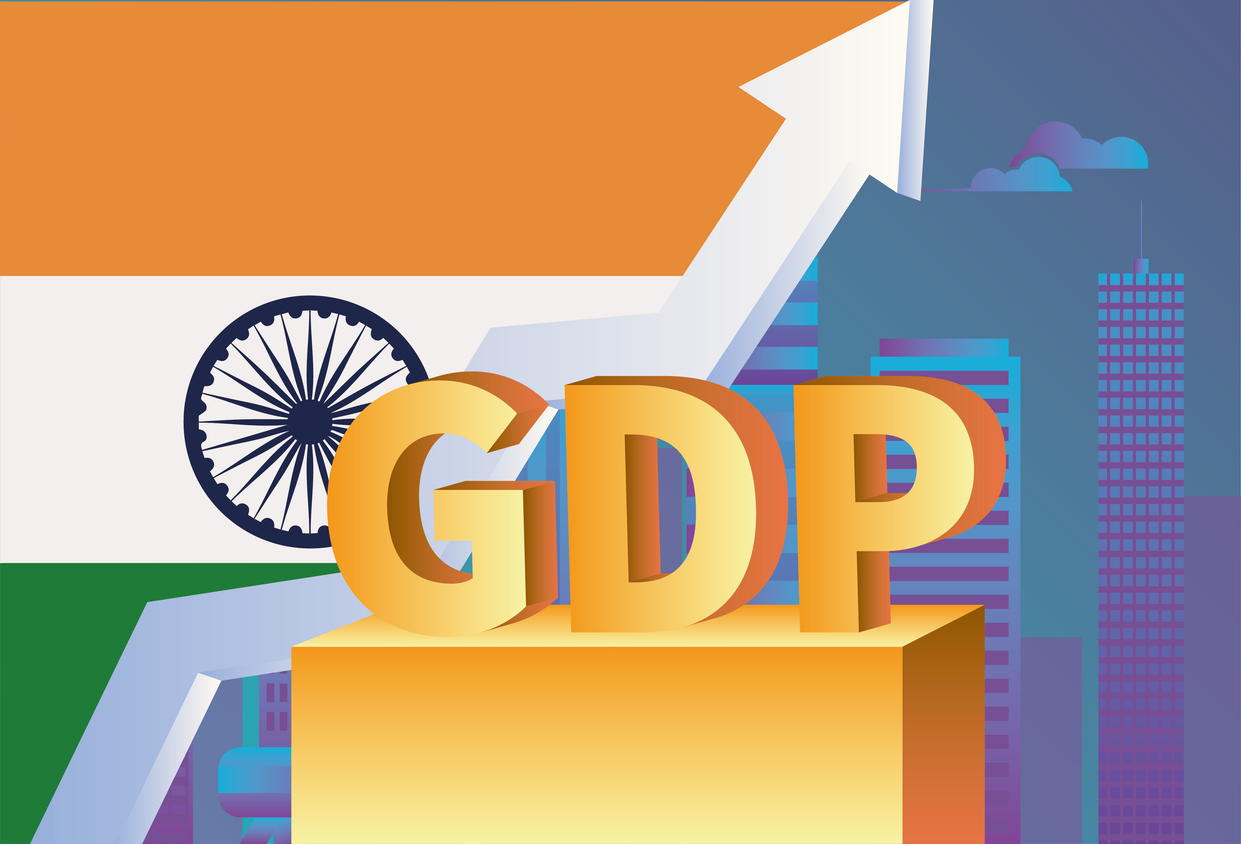
August 5, 2024
Key initiatives in the Union Budget 2024-25, aimed at enhancing agriculture productivity, job creation, and support for MSMEs, are expected to boost supply-side demand and consumer spending, particularly in rural areas
Deloitte India highlighted that robust growth is anticipated in the year's second half, driven by domestic policy continuity, reduced uncertainties in the US, and improved global liquidity
The report suggests addressing urban-rural spending gaps, inflation, and employment concerns will enhance affordability for aspirational rural consumers and sustain demand
The report notes a shift in consumption patterns towards non-food and discretionary items, with increased spending on processed foods and durable goods driven by urbanisation and changing lifestyles

According to Deloitte India, the country’s economy is set to grow at 7-7.2% for the fiscal year 2024-25. The latest update of Deloitte’s India Economic Outlook attributes this positive forecast to the country’s robust economic fundamentals and the continuation of domestic policy reforms.
Deloitte’s August update highlights several Union Budget initiatives to enhance agriculture productivity and job creation and support micro, small, and medium enterprises (MSMEs). These measures are expected to improve supply-side demand, control inflation, and boost consumer spending, especially in rural regions.
Experts noted that despite earlier uncertainties, India is expected to experience strong growth in the latter half of the year. Factors contributing to this include continued domestic policy reforms, reduced uncertainties in the US following elections, and synchronised global growth amid a low inflation environment. Improved global liquidity, as Western central banks ease monetary policies, is anticipated to drive higher investments in the private sector.
The Economic Outlook report suggests that addressing the urban-rural consumer spending gap, inflation, and employment issues will enhance the affordability of rural consumers and ensure sustained demand from a broader consumer base. The Union Budget’s policy shift is a critical step in this direction.
Deloitte’s growth projection is consistent with the Reserve Bank of India’s (RBI) estimate of 7.2% for FY25 and exceeds the Finance Ministry’s Economic Survey projection of 6.5-7%. In contrast, the Indian economy grew 8.2% in the fiscal year 2023-24.
The report also notes that despite strong overall growth, private consumption spending has been modest in recent years. Contributing factors include the pandemic, high inflation, and the impact of poor agricultural output on rural demand. However, Deloitte research indicates a notable shift towards increased spending on non-food and discretionary items, reflecting evolving consumer preferences and lifestyles.
According to the Household Consumption Expenditure Survey, spending on discretionary goods and services, including conveyance, has risen in rural and urban areas, with rural spending on durable goods catching up quickly. Demand for processed foods is also rising, driven by rapid urbanisation, increased women’s workforce participation, and improved marketing.
Deloitte research suggests that if income growth leads to more equitable distribution and higher rural spending, businesses could tap into a larger and more sustainable consumer base in rural areas compared to regions with a widening economic gap.
Source: MoneyControl